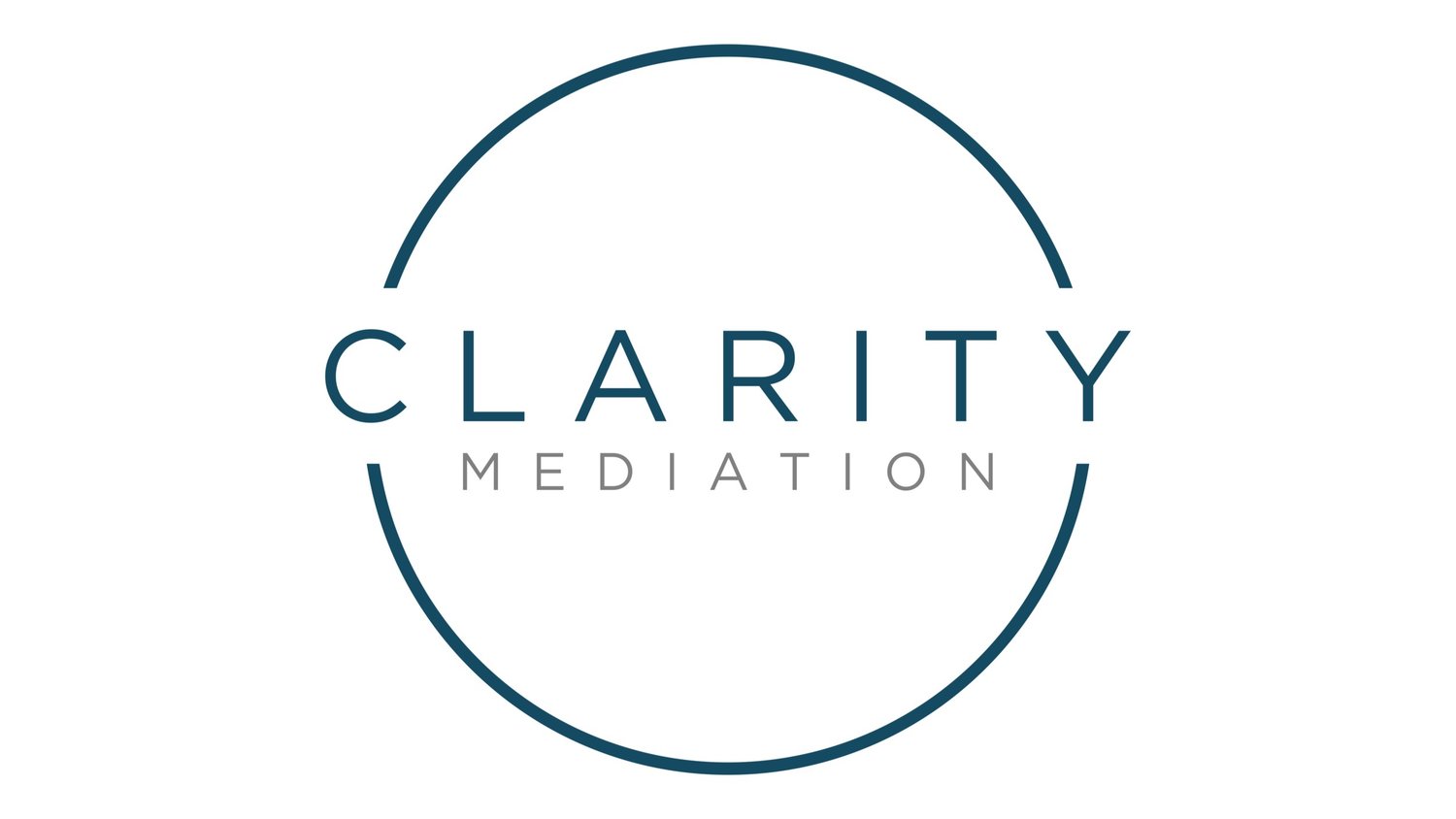Mediation vs. Litigation
/You have a choice. After you decide to divorce, you can choose how you want to do it. Most people think the first thing you should do is hire an attorney so they can start legal proceedings on your behalf. You picture a big courtroom drama where after nail-biting testimony the judge bangs their gavel and rules you the winner of everything and the whole courtroom cheers.
Yay! You win!
Not only is this not at all realistic but the whole courtroom thing isn’t your only option. In fact, by choosing mediation, you can avoid any courtroom drama if you want to. The key is to commit to an amicable divorce, even when things get tough. By doing so, you will save time, money and peace of mind.
Here’s a breakdown of the differences between choosing to mediate (amicable) and choosing to litigate (competitive):
Mediation is:
Collaborative. Together, you work out the best plan for all involved.
In your control. You decide the pace of your negotiations and when you’re ready to make decisions. You also get to decide your outcomes.
Private. Mediation is private and confidential.
Cost efficient. When you keep your differences on a collaborative problem-solving track, you settle matters much quicker thereby costing much less.
Flexible. It allows you to discuss all the issues that are important to you not just the standard, legal ones.
Holistic. It allows you to bring into the process any other professionals any point that will help you make wise decisions. (Attorney, financial expert, mortgage advisor, therapist, etc.)
Litigation is:
Competitive. The court system is designed to make narrow decisions on narrow issues; to determine who wins and who loses. This makes for a very divisive process, which can drive a family even further apart.
Lengthy. Once you start to litigate, you are subject to the schedules of the attorneys and the judge. Usually, this means your case will take much longer than necessary. This adds up your frustrations and expenses and creates ever more divisiveness while you wait for the matter to get settled (by others.).
Public. Court filings, hearings and outcomes are all public. If you ask to be heard by the judge, you will be discussing personal matters with a lot of strangers watching, listening and weighing in.
Expensive. Because the courts are busy, cases simply take longer when litigated. This also means it will cost you more. Keep in mind, that the national average of a contested divorce is $15,000 per person.
Narrow. Discussions in front of the judge are limited to relevant legal matters and can only be argued in certain ways. There’s no room for many of the human issues you may want to talk about related to this huge life change. Plus, judges simply do not have the time to hear all the background and detail to your individual situation so they will most often plop down the “Standard” plan, which may or may not fit your actual life.
So, which sounds better? Getting divorced is already tough. Why make it harder than it has to be?
Let’s talk through your options more to see if mediation is a fit. Schedule a consultation here.
Photo by Sora Shimazaki from Pexels

